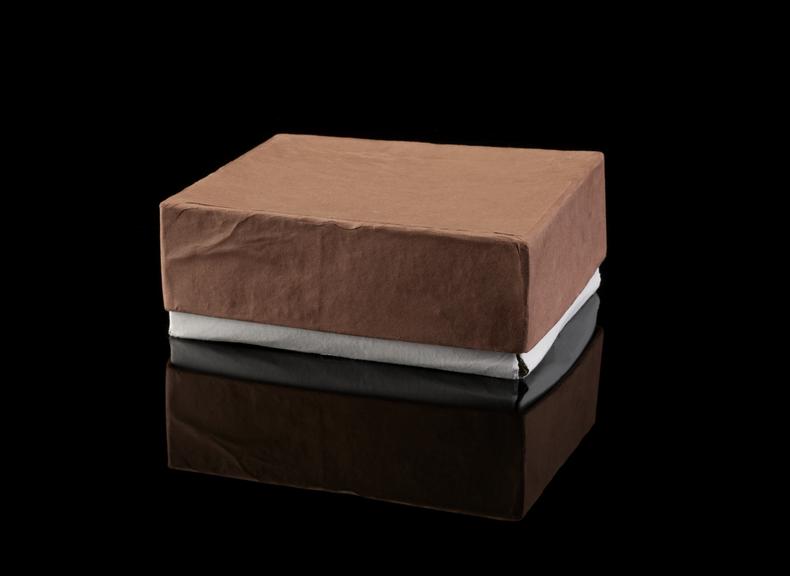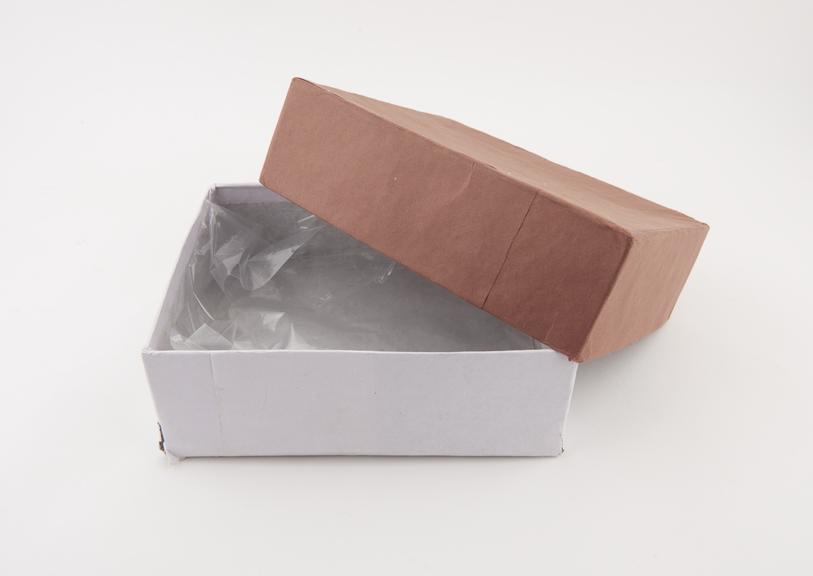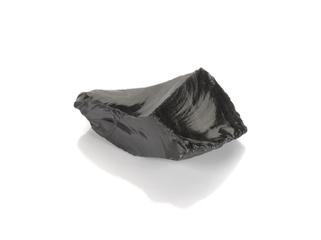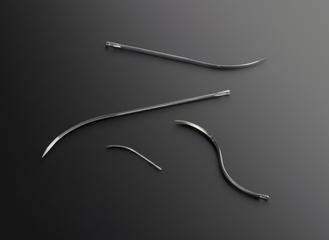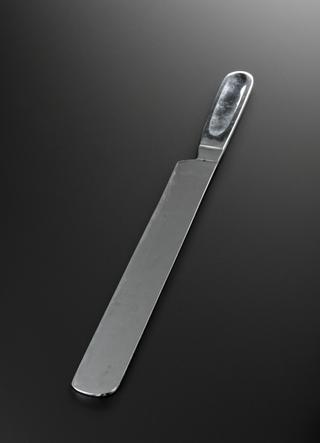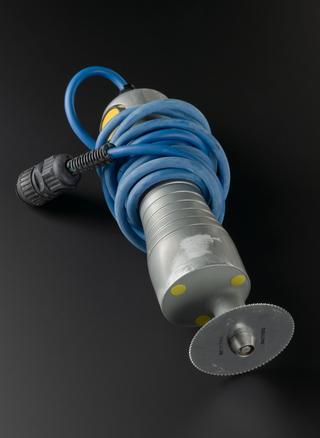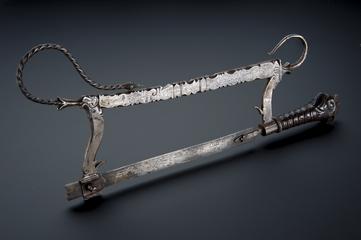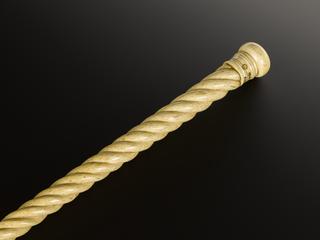Head mounted surgical binoculars
1 pair of head mounted surgical binoculars, used in optical surgery, made of plastic, stainless steel, used for trichaisis surgery, 2017
More
Used to magnify areas of the body surgeons are working on, these bioculars help them to work accurately. These examples are part of the kit given to surgeons trained by the charity, Sightsavers, who focus their efforts on preventing avoidable blindness.
Trachomatous trichiasis is where a person’s eyelids turn inwards and their eyelashes rub painfully against their eye. Without treatment, trichiasis can cause blindness. It is caused by repeated infections such as trachoma, inflammation, autoimmune conditions, and trauma. Surgeons operate to return a person’s eyelid to its original position, easing discomfort and improving a person’s sight.
Sightsavers is a charity also fights for the rights of people with disabilities in over 30 different countries. They estimate that around 2.5 million people need surgery for trichiasis. The charity trains people in the districts where they live to ensure different places have access to a surgeon and nurses. They travel to where people need their services and includes visiting nomadic communities. Between 2001 and 2020, their surgeons have provided 435,000 trichiasis operations.
- Measurements:
-
overall: 70 mm x 195 mm x 140 mm,
- Materials:
- plastic and stainless steel
- Object Number:
- 2018-479/1
- type:
- surgical equipment
